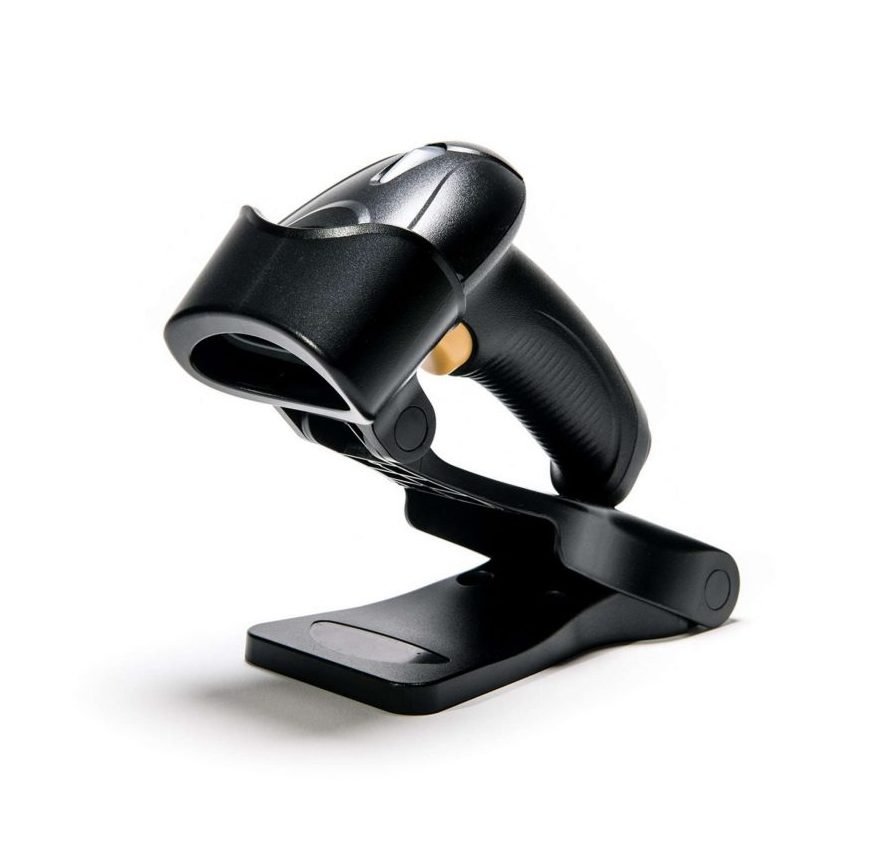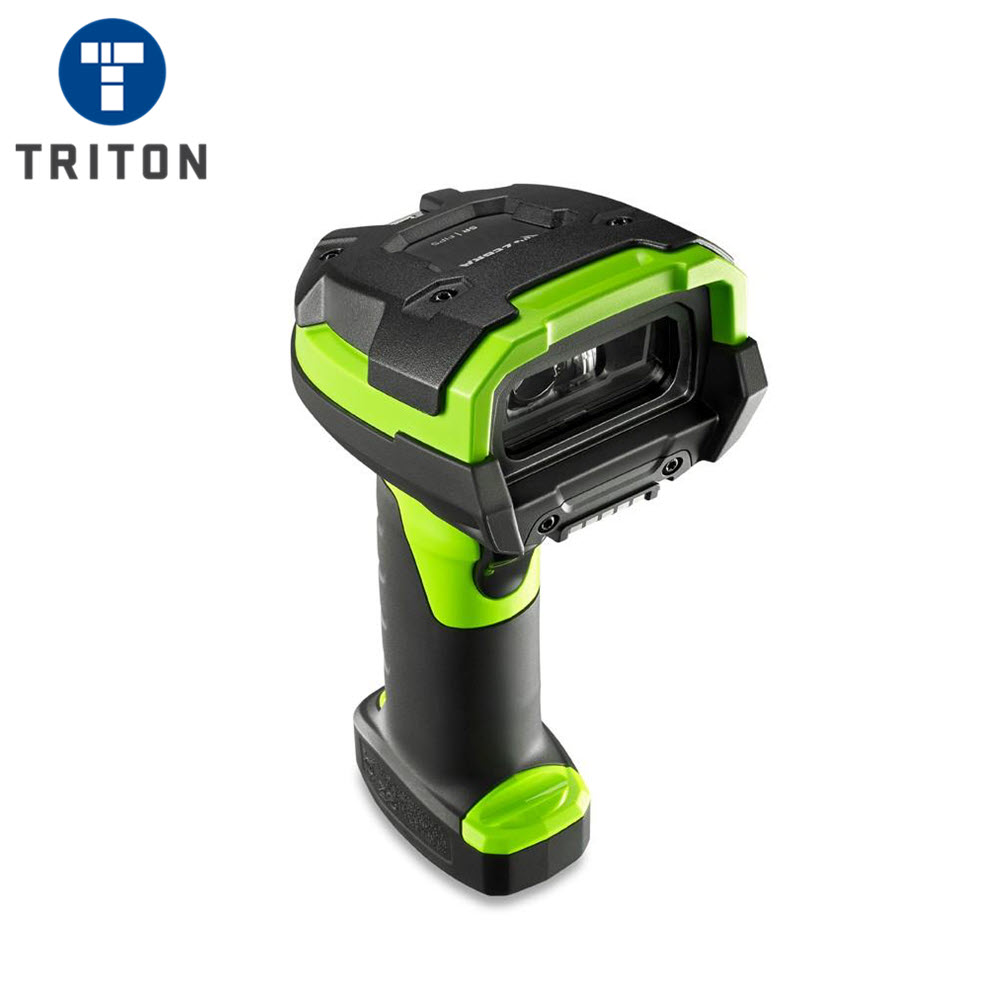Reliable Barcodes Scanners for Optimized Inventory Management
Reliable Barcodes Scanners for Optimized Inventory Management
Blog Article
Choosing the Right Barcode Scanner for Your Business Demands
Selecting the appropriate barcode scanner for your company needs a nuanced understanding of your certain functional needs and environmental problems. Variables such as scanner type, speed, and compatibility with existing systems play an essential role in figuring out the appropriate selection.
Recognizing Barcode Scanner Types
When it comes to selecting a barcode scanner, understanding the various types readily available is critical for meeting certain organization needs. Barcode scanners can be classified right into numerous kinds, each designed for various applications and environments.
Portable scanners are one of the most typical, providing mobility and convenience of use, making them suitable for retail and stock management. They commonly attach by means of USB or Bluetooth, supplying adaptability in operation. Fixed-mount scanners, on the various other hand, are created for high-volume scanning applications, commonly located in setting up lines or check out counters. These scanners are installed in a stationary position, enabling for quick scanning of multiple products one by one.
Another type is the mobile computer system, which incorporates scanning capabilities with calculating power. These tools are excellent for field operations or storage facility administration, making it possible for data collection and real-time stock monitoring. In addition, there are industrial scanners that are developed to endure extreme environments, such as extreme temperatures or direct exposure to dust and wetness.

Secret Functions to Think About
What vital functions should businesses focus on when selecting a barcode scanner? Scanning speed is vital, as faster scanners boost functional performance, specifically in high-volume atmospheres. The scanner's ability to review different barcode styles is also crucial; ensure it supports prominent types like QR codes, UPC, and Code 128 to suit varied inventory items.
Sturdiness is another essential function, particularly for services in rugged settings. Search for designs that are built to stand up to drops, dirt, and moisture. Additionally, think about the connection options offered; whether you prefer USB, Bluetooth, or Wi-Fi, the appropriate connectivity can improve combination with existing systems.

Evaluating Your Service Setting
To properly choose a barcode scanner, organizations need to analyze their details operational setting. This evaluation consists of assessing the physical design of the work area, the nature of the products being scanned, and the common conditions under which scanning occurs. For instance, a retail environment might require portable scanners that can swiftly refine deals at the check out, while a stockroom setup might take advantage of ruggedized scanners created to withstand harsher conditions.
Additionally, think about the volume of scanning required. High-throughput atmospheres might necessitate sophisticated scanning modern technologies, such as fixed-position scanners or smart phones that can operate efficiently in hectic situations. The assimilation capabilities with existing supply management systems also play a crucial role; make sure the chosen scanner can seamlessly connect with software program systems in usage.
Moreover, evaluate the possibility for growth and scalability. A Visit Your URL scanner that meets existing demands could not be adequate as service expands. By extensively examining these factors, businesses can select a barcode scanner that not just meets prompt requirements however additionally supports lasting operational performance and versatility. This calculated approach eventually adds to smoother processes and enhanced productivity.
Budgeting for Your Scanner
Having actually analyzed the operational atmosphere and determined the details needs for read this post here a barcode scanner, the next step involves careful budgeting to make sure a smart financial investment. Establishing a budget begins with determining the total costs linked with the scanner, consisting of preliminary purchase rate, operational costs, and potential maintenance fees.
When choosing a barcode scanner, take into consideration the variety of offered options, from handheld tools to fixed-position scanners, as costs can differ substantially. It is vital to stabilize cost with capability; selecting a much more affordable version might cause boosted functional inadequacies if it does not fulfill your company demands.
In addition to the hardware, factor in costs related to software application, training, and possible upgrades. While it might be appealing to minimize ahead of time expense, spending in a high quality scanner that aligns with your functional demands can generate long-lasting financial savings through enhanced performance and reduced downtime.
Last but not least, think about the complete cost of ownership, which includes the scanner's lifespan and possible resale value. By meticulously planning your budget, you can make sure that your investment in a barcode scanner will boost your operational efficiency and economic performance.
Assimilation With Existing Systems
Integrating a barcode scanner with your existing systems is vital for maximizing its effectiveness and ensuring smooth procedures. barcodes scanners. A well-integrated scanner boosts operations performance, decreases errors, and accelerates information handling. When picking a barcode scanner, take into consideration compatibility with your present software application and hardware infrastructure, including your inventory administration systems, point-of-sale (POS) systems, and venture resource planning (ERP) solutions
Assess whether the scanner makes use of common procedures such as USB, Bluetooth, or Wi-Fi, which can help with easy assimilation. In addition, examine whether the scanner's software application supplies APIs or SDKs that allow for customization and integration with proprietary systems. This is particularly essential for companies with distinct operational demands.
As your service expands, your systems need to be able to fit extra scanners and take care of raised information quantities without considerable reconfiguration. Eventually, view it spending in a barcode scanner that flawlessly integrates with your existing systems will certainly generate long-lasting benefits, enhancing precision, effectiveness, and overall efficiency within your procedures.

Conclusion
Finally, selecting a proper barcode scanner necessitates a detailed examination of numerous aspects, including scanner kinds, important functions, and the particular service atmosphere. Proper budgeting for both purchase and operational expenses is crucial, alongside making sure compatibility with existing systems. By diligently considering these aspects, organizations can boost performance and performance, inevitably bring about enhanced operational outcomes. The best barcode scanner serves as an essential tool in enhancing procedures and assisting in efficient supply administration.
Report this page